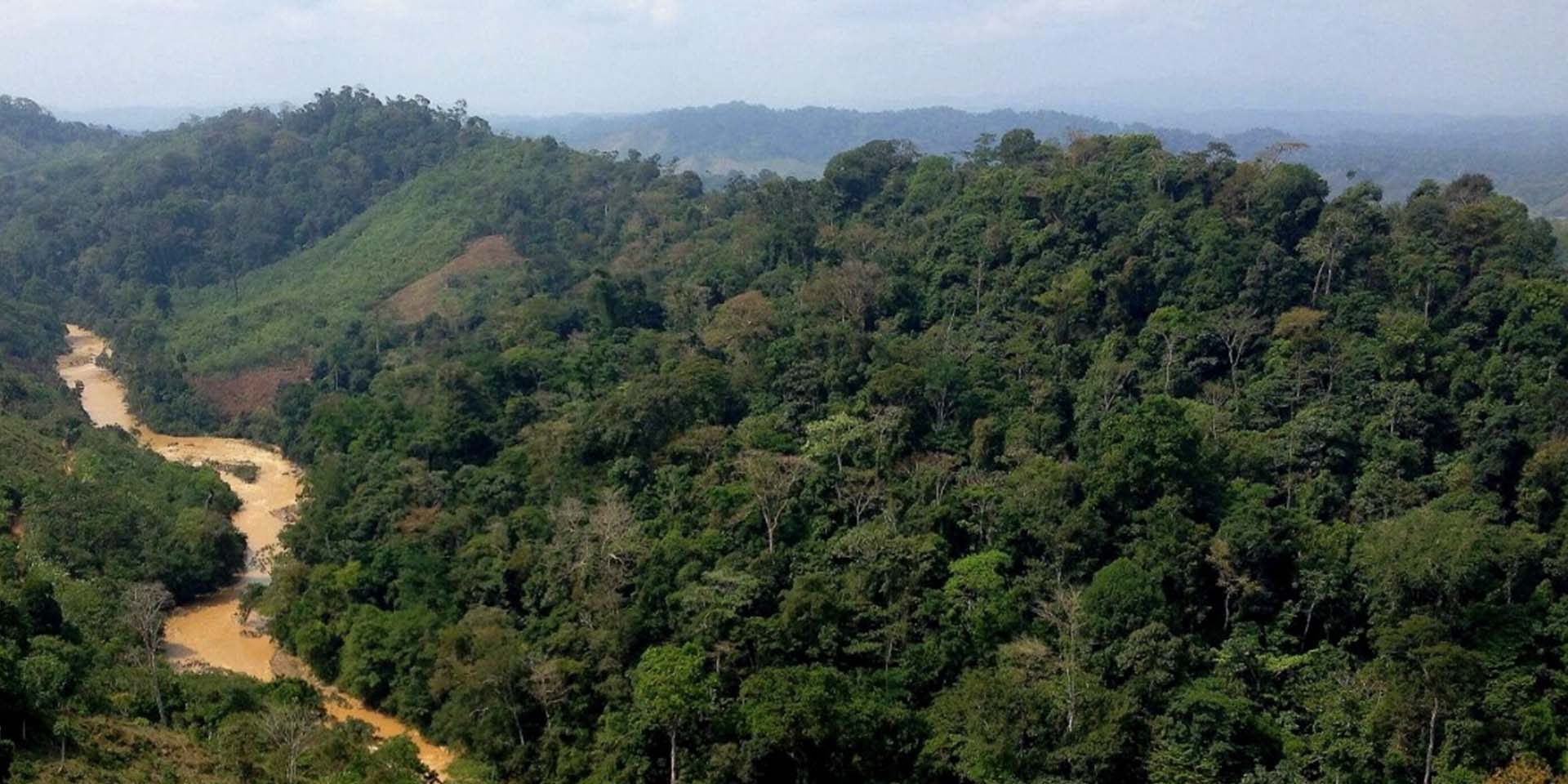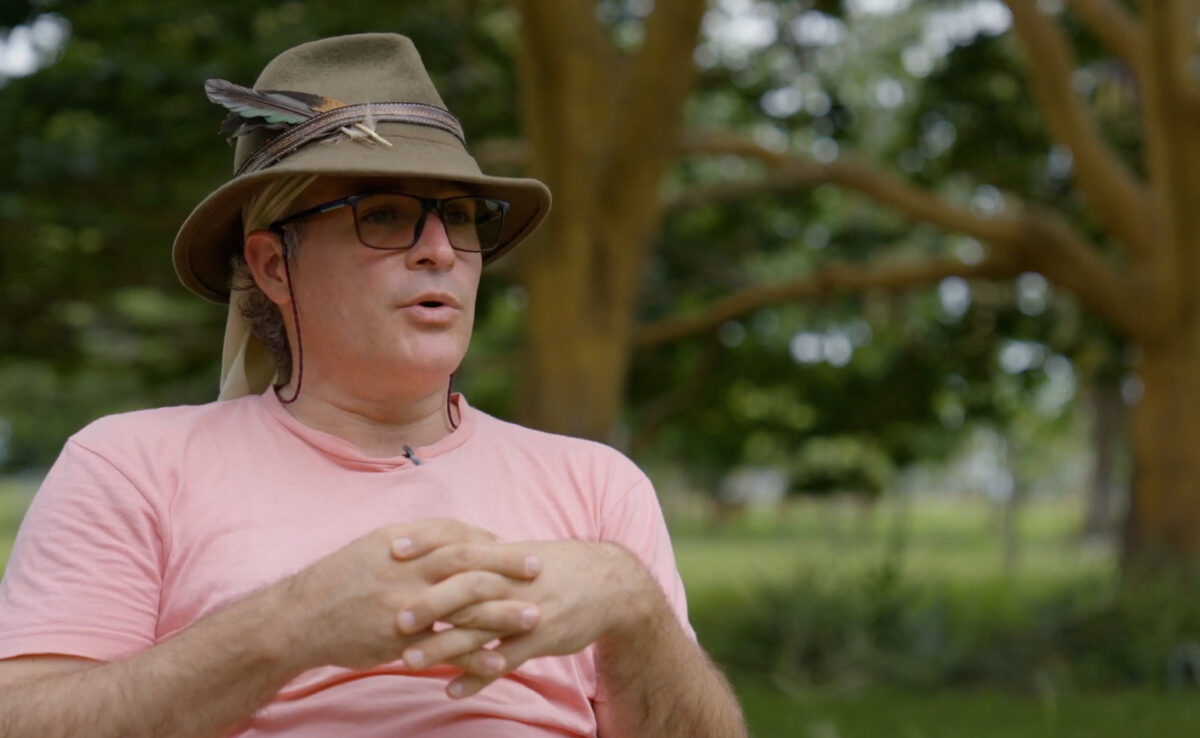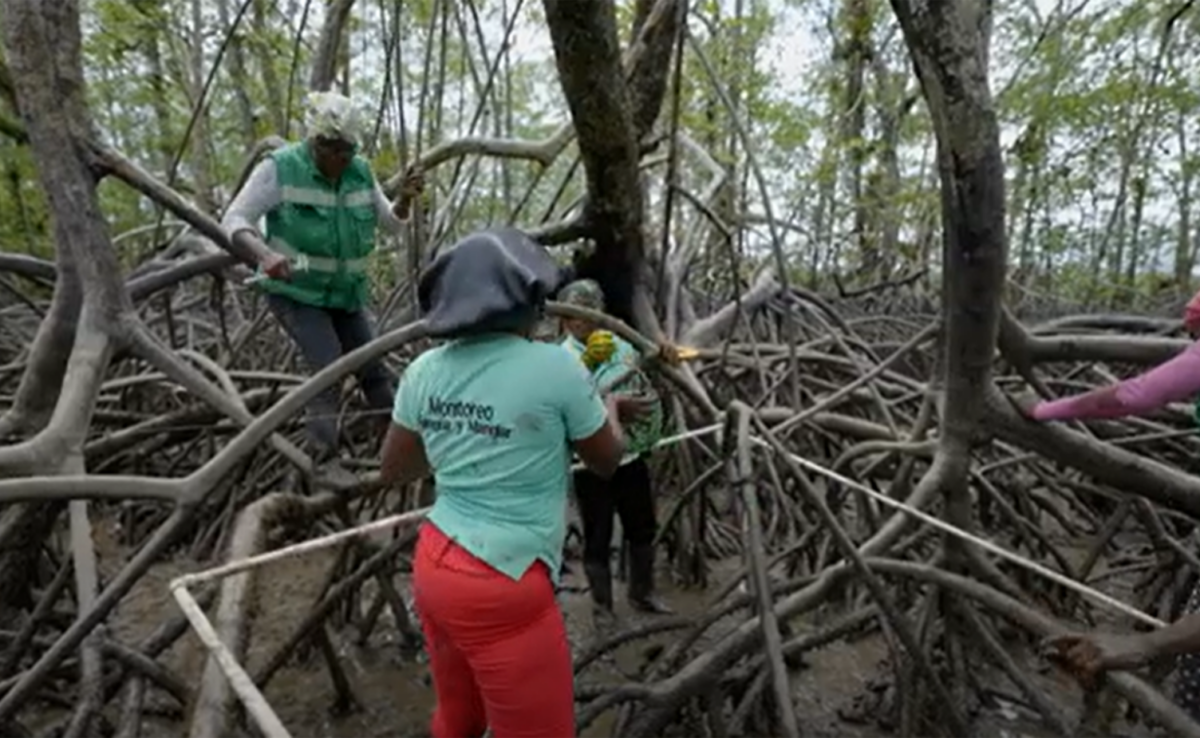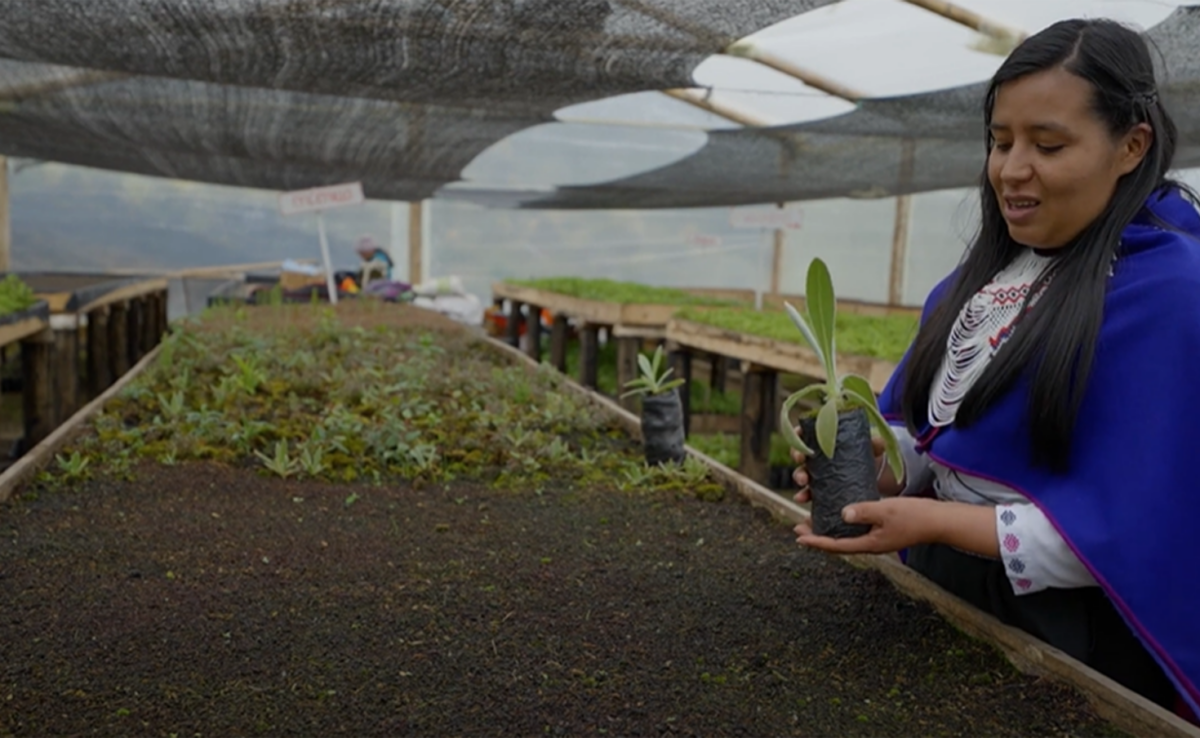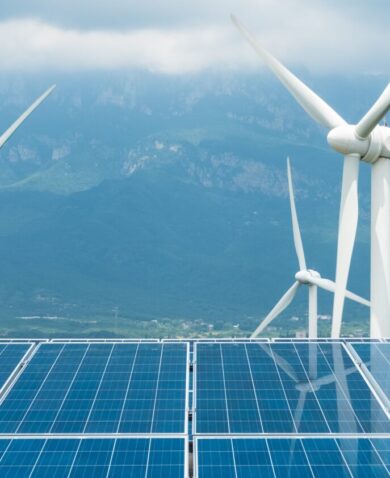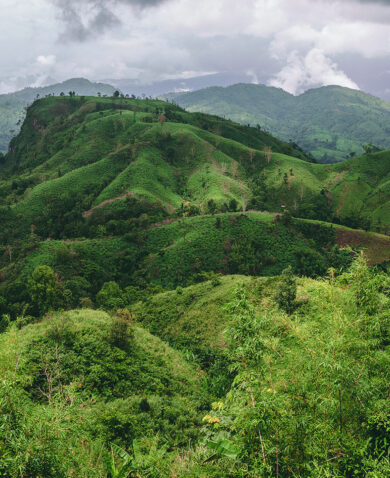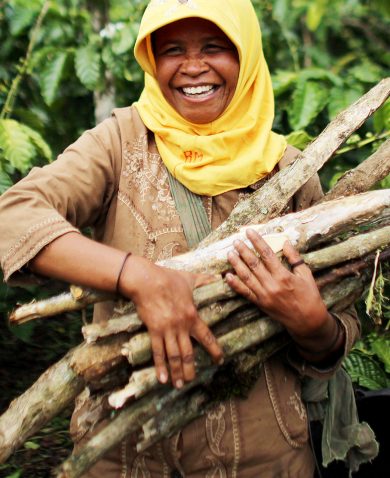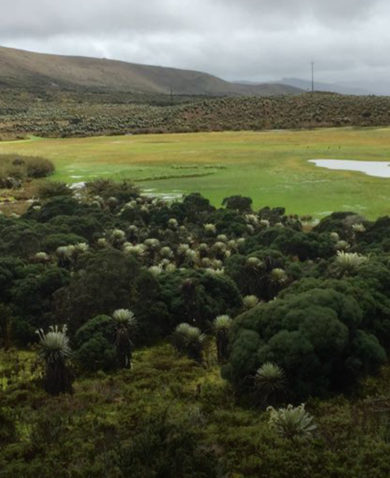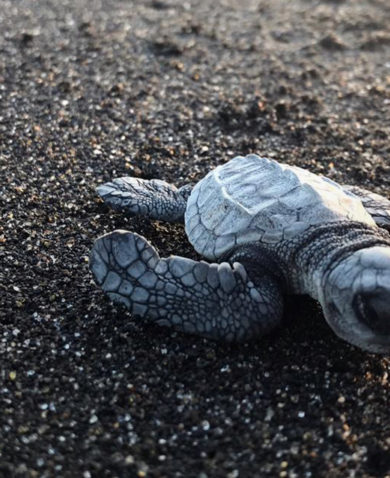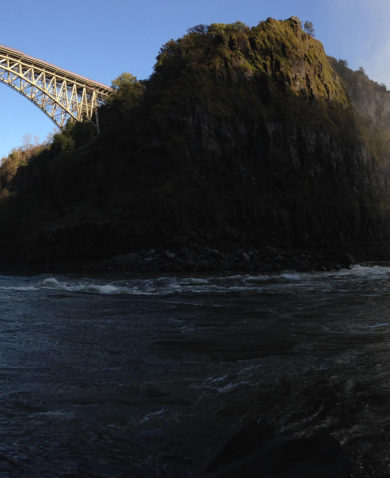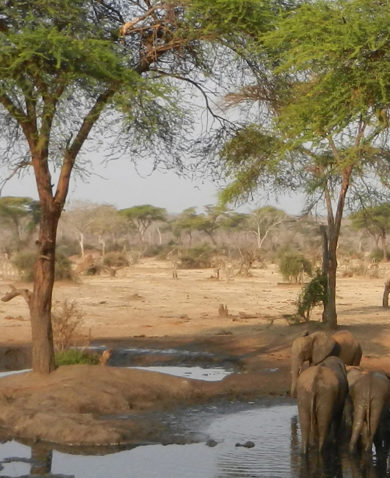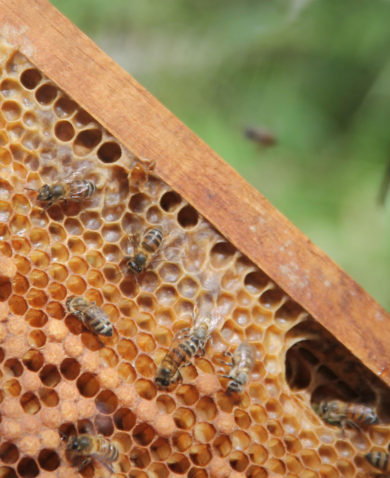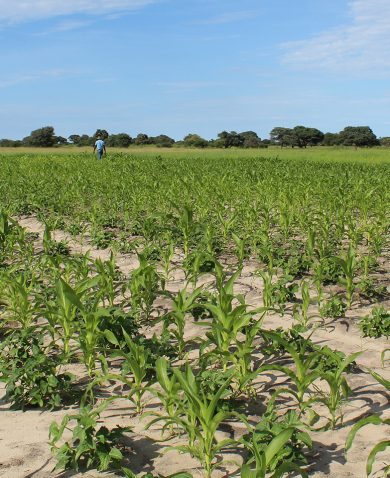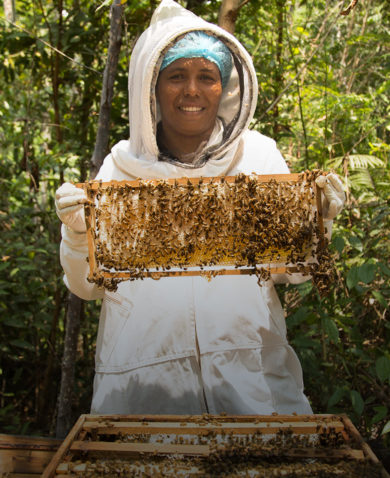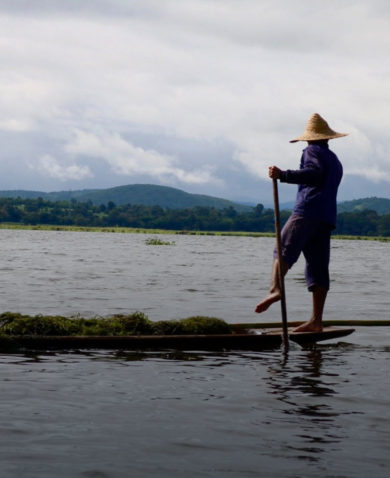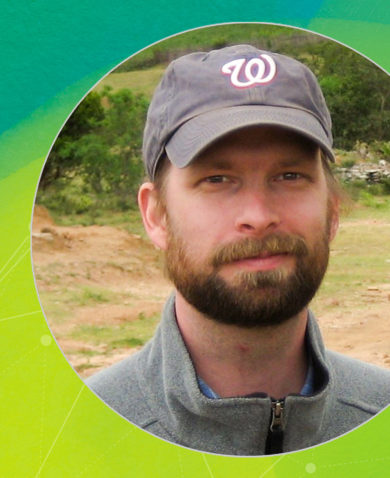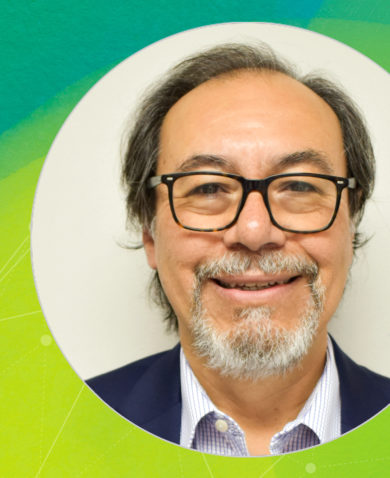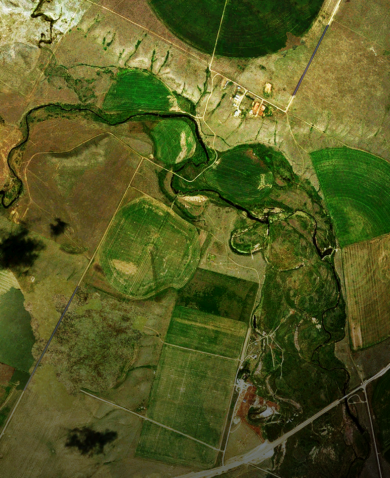USAID Tierra Dorada/Golden Land Activity
As of 2021, Colombia was the 18th largest gold producer globally and the third largest in Latin America and the Caribbean. However, more than 80% of the country’s gold is illegally mined, resulting in detrimental environmental and social effects, including deforestation, landscape disruption, water pollution, biodiversity loss, and food insecurity. Although the artisanal and small-scale mining (ASM) gold sector has negative consequences, it serves as a crucial economic source of livelihood for the more than 300,000 Colombians who rely on it. A shift toward responsible mining creates an opportunity to promote sustainable economic development while restoring degraded landscapes and mitigating threats to biodiversity.
USAID’s Tierra Dorada [Golden Land] Activity (TDA) aims to reduce greenhouse gas emissions, promote biodiversity conservation, and foster legitimate livelihoods in Colombia by supporting socially and environmentally responsible ASM practices and providing alternative sustainable economic opportunities. TDA achieves these goals by encouraging carbon credit projects, payments for environmental services, sustainable value chains, and other environmental financing schemes for communities to safeguard natural resources using market-based approaches. The activity also encourages communities to use mining royalties for alternative livelihoods. TDA partners with the Colombian government to improve its regulatory framework for ASM operators, encouraging formalization processes that reduce mining’s environmental impact and eliminate mercury and cyanide.
By promoting environmentally responsible ASM and alternative sustainable economic activities, TDA strives to improve ecosystem services, increase the lawfulness and formalization of ASM, and promote alternative economic opportunities for communities in vulnerable areas.

